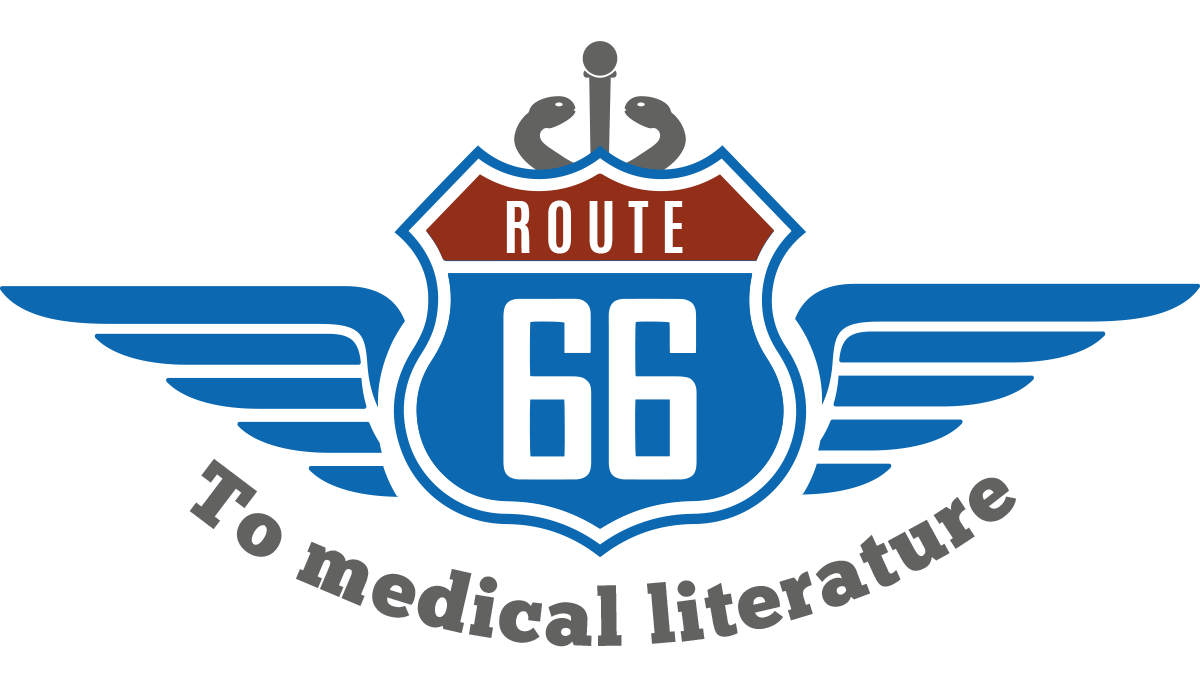Watch the video & take notes on a sheet of paper
When you have finished, click on each item below to see the answer.
- Redbull, adrenaline, rush powerhouse, atomic energy, monster rock star, cocaine
- 3.4 billion dollar a year
- grew by 80% between 2004 and 2005
- > 500 new varieties introduced worldwide
- ≅ 8 million US teens customers
- Based on a tonic the founder drank in Asia
- started selling red bull in Austria in 1987
- today < 2.5 billion cans are sold a year in 130 nations
- energy drink industry leader in US with 37% of the market
- Ingredients: 80 mg of caffeine, ≅ an average strength cup of coffee, > amount in a can of Mountain Dew (55 mg of caffeine) or can of coke (23 mg), 27 mg of glucose and sucrose, + vitamin, a carbohydrate or an amino acid [/accordion]
3. Red Bull Grassroots viral marketing
- Mobile street teams handing out samples and on-campus
- Reps selling the idea of Red Bull parties
- Sports marketing and sponsorship connection, everything from BMX and skateboarding to Formula One in NASCAR
- Used to market cocaine in 8.4-ounce drink that contained 280 mg of caffeine
- James Kirby (inventor) termed it “a legal alternative and a fruity atomic fireball”, an energy drink with a fun name, “as soon as people looked at the can they smiled”
Bad idea and all the same downsides of too much caffeine plus a very bad name
- Increases half-life of caffeine (= time for body to clear half of a substance ingested)
- Normally half-life of caffeine ≅ 4 to 6 hours, in a pregnant woman↑ to 18 hours
- Caffeine crosses placenta with ease → exposes growing fetus to the substance
- Most experts recommend daily limit of 300 mg of caffeine during pregnancy
- These drinks aren't really thirst quenchers they're dehydrators - ← caffeine itself has a mildly dehydrating effect
- ← concentration of sugar in the energy drinks: high levels of carbohydrates in the form of glucose slow the body's absorption of water → reinforces dehydration
- → Energy drinks not suitable for use during or after exercise
- Young drinkers feel caffeine + alcohol cancels out some of the negative effects of drunkenness (sleepiness & discoordination), allowing them to stay out longer and consume additional alcohol
- Studies show users experience a reduction in the subjective sensation of intoxication, but experts say they are still affected by alcohol & their motor coordination is impaired; they shouldn't drive or do any activity for which motor coordination is required.
- Warning labels
- Caution with alcohol
- No use during pregnancy
- No use with exercise
.
UNF3S
Route 66 to medical literature, Félicie Pastore 2017
